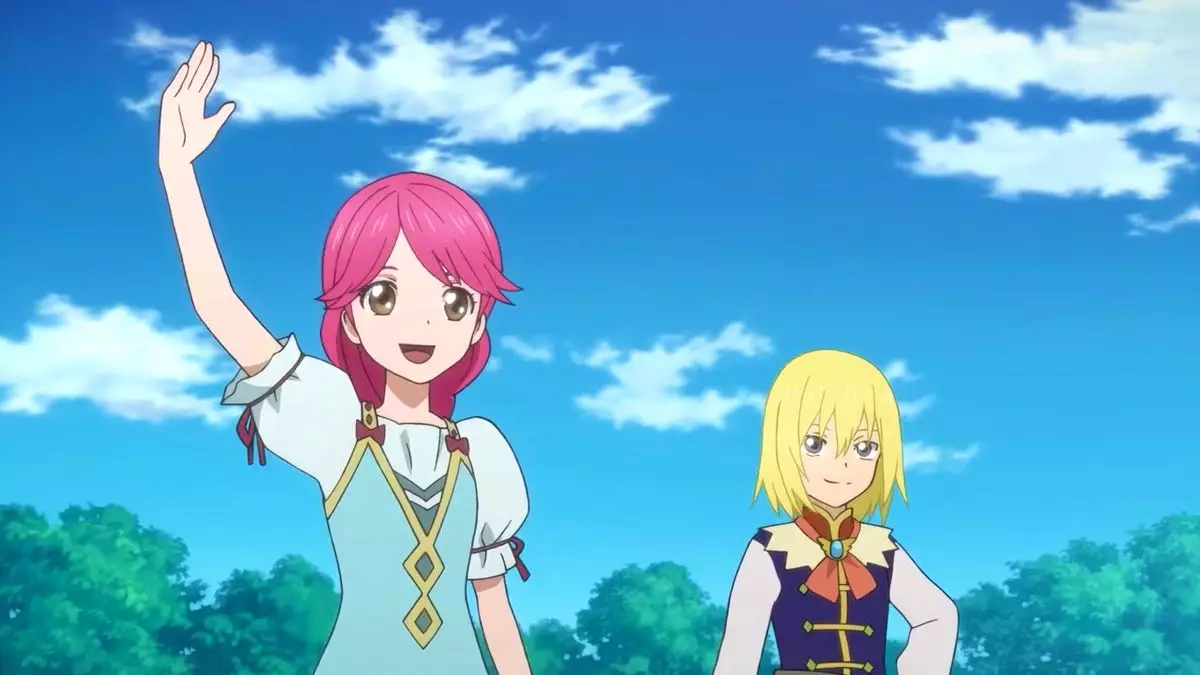In the world of video game development, certain names shine brightly while others operate behind the scenes. One such name is Tose, a Japanese support studio that’s been an integral part of the gaming landscape for over 45 years, yet remains relatively obscure. Founded in 1979, Tose has been involved in the creation of a staggering number of games—estimated to be over 2,000—making it a hidden powerhouse in the industry. While many gamers may not recognize the company’s name, they likely have engaged with its work in some form, from assisting with well-known franchises to providing technical support for various projects.
In 2024, Tose faced significant challenges that put its future in jeopardy. The studio reported a sharp decline in sales, down 27.6%, culminating in an operating loss of 599 million yen. This downturn was primarily attributed to a series of canceled projects, a sobering reminder of how unpredictable the gaming industry can be. However, as of mid-2024, Tose appeared to be on the mend. The company’s recent financial report unveiled a remarkable turnaround, with net sales soaring by 83.5% year-on-year and returning to operating profitability. The key to this recovery seems to hinge on its work on “Tales of Graces f Remastered,” a title that proved to be a game-changer, injecting much-needed revenue and stability into Tose’s operations.
Despite its extensive contributions to the gaming world, Tose has built a reputation for being extraordinarily secretive. The company is known for its low public profile, only receiving direct credits on a handful of titles throughout its long history. This has sparked speculation about the precise scope of Tose’s influence. Industry insiders and researchers often cite the studio’s involvement in iconic games, such as providing art support for titles like “The Sims 2 and 3,” and contributing to artistic elements in the “Dark Souls” series. Such contributions highlight Tose’s integral role in nurturing some of the most beloved games, adding layers of complexity and creativity that resonate with players.
The implications of Tose’s work extend beyond mere statistics; they point toward a legacy steeped in collaboration and innovation within the gaming industry. As the demand for high-quality games persists, studios like Tose, with experience and a wealth of talent, will continue to play a vital role. The recovery from financial struggles serves as a testament to Tose’s adaptability and resilience. Moving forward, the potential for further collaboration with established gaming franchises could solidify its position as a critical support entity in development circles.
While Tose may not grab headlines, its influence on the gaming landscape is undeniable. The studio exemplifies the essence of support services in game development—crucial, though often overlooked. As gamers, we should celebrate not just the games we play, but also the unseen hands that help to create them, ensuring that the art of interactive entertainment continues to flourish in the years to come.

